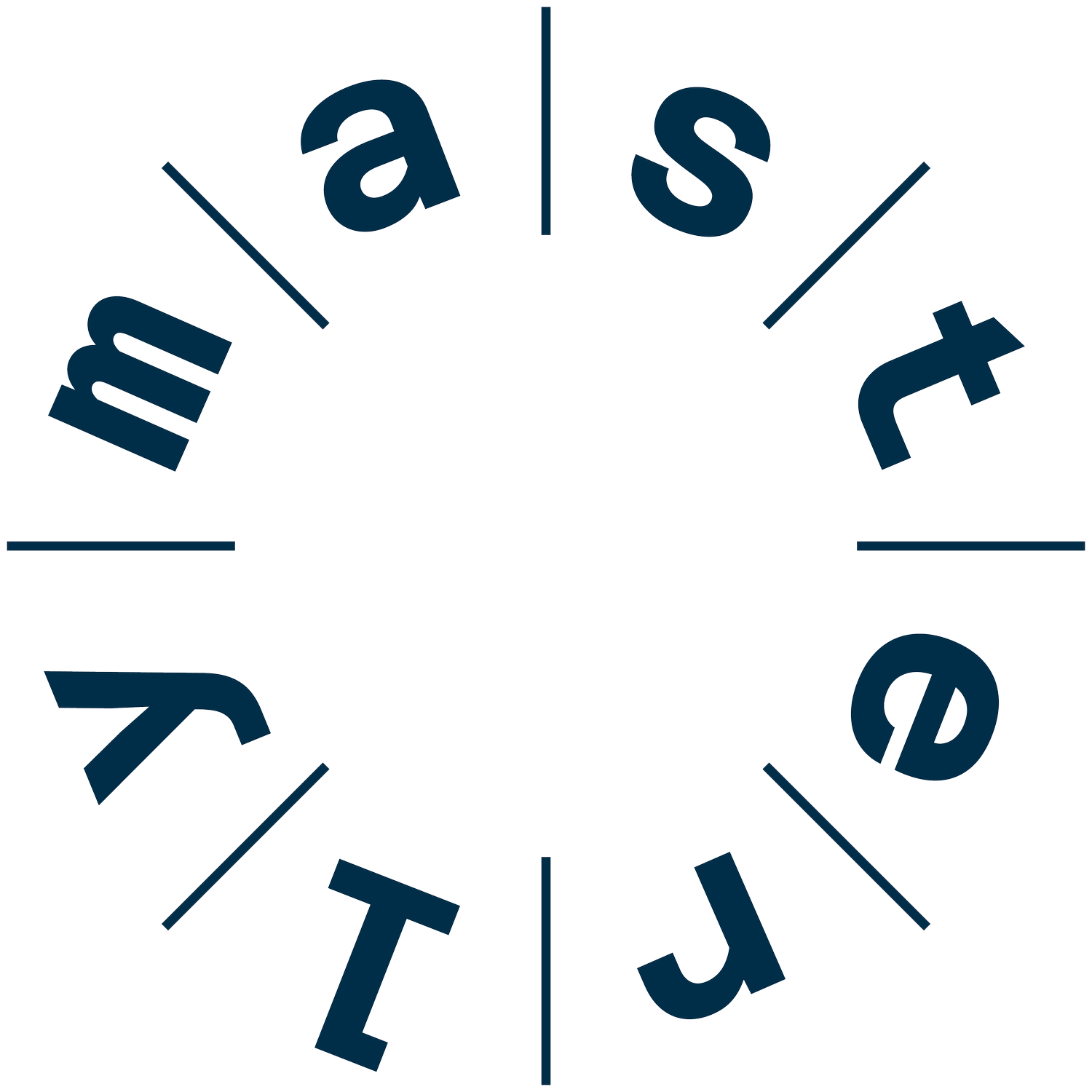Is there a good type of stress?
When was the last time you felt stressed? If you have a demanding job the answer is probably quite recently. In the US, a 2023 survey1 showed that 64% of respondents reported feeling moderate to high stress in the past month. The biggest work related causes of stress were discrimination and concern for personal safety at work. In the Middle East a 2022 McKinsey study2 showed that two-thirds of GCC respondents reported symptoms of poor mental health and well-being, or had a mental-health condition diagnosis and one in three GCC respondents reported burnout symptoms. Stress is with us and with increasing work pressures and global cost of living crises it is likely here to stay.
But can stress be a good thing? Some distinguish between Eustress (positive stress) and Distress (negative stress). Positive stress is said to be energizing and motivating to experience. Eustress has even found its way to the dictionary, meaning ‘moderate or normal psychological stress, interpreted as being beneficial.’ This of course is all down to perception, what is moderate and beneficial to me may be overwhelming and damaging to you. This is where the difficulty for managers comes in.
We all have different windows of tolerance for stress so for a manager assigning the same tasks and same deadlines to two people, one may be able to cope and for another it may be too much. Differences in how each person perceives stress and what else is going on in their lives at that time are important influences on how they cope with demands.
Is the Eustress term itself damaging and unnecessary?
Stress can be defined as a state of worry or mental tension caused by a difficult situation. Stress is a natural human response that prompts us to address challenges and threats in our lives.
A challenge is a reasonable hurdle that we face in life. Challenges are positive because we expect to be able to overcome them and they can be motivating. Eustress may be just another word for a challenge.
Eustress gives stress a healthy rebrand. Stress, rather than being something to be managed becomes something to be embraced to build resilience. Eustress may be considered an oxymoron – inherently contradictory. Stress is difficult and the very nature of stress suggests that there is some doubt as to whether we can meet the demands we are being faced with. Eustress considers positive stress as stress that we know we can overcome, thus I would say it is more akin to a challenge.
Why does this matter? You might think this is all semantics and it doesn't really make a difference what we call things. But words matter. We saw earlier that stress is common in adults – and this may be the case, but we also may be seeing the increase in popularity of the word ‘stress’. Stress has become a blanket term that we use for times when we are feeling challenged, agitated, frustrated and annoyed. Stress is an easy out. It summarises our feelings, without really saying anything about the nature of the stress and applying nuance to the emotion. Using the right word for how you are actually feeling enables yourself and others to better understand and meet your needs.
So back to the question, is there a good type of stress? Yes, but its not eustress. Stress is difficult and challenging and at times can leave us wondering how we are going to cope. Despite this, small amount of difficult stress is good for us. All emotions have purpose and stress helps us to take action, make changes and over time build our resilience. We don't need to rebrand stress to recognise that it can have some benefits. Continued exposure to severe stress though is never a good thing. Stress is necessary and is a natural human response. But the continued experience of the emotion ‘stress’ causes psychical ‘stress’ within the body. Those that experience chronic stress are at higher risk of burnout, stroke and heart disease. For those that are in constant stress and don’t work to eliminate sources of stress their body will usually force them to stop in the form of illness or burnout.
Addressing stress in your life is a personal responsibility, but there is also an onus on employers to create an environment at work that supports employee psychological health and well-being. Initiatives and development programmes to tackle stress at work need interventions at the individual, team and organisational level.
Speak to us about your well-being requirements for your organisation.
Sources:
1American Psychological Association - Stress in America Report
2McKinsey Health Institute - The State of Employee Health

